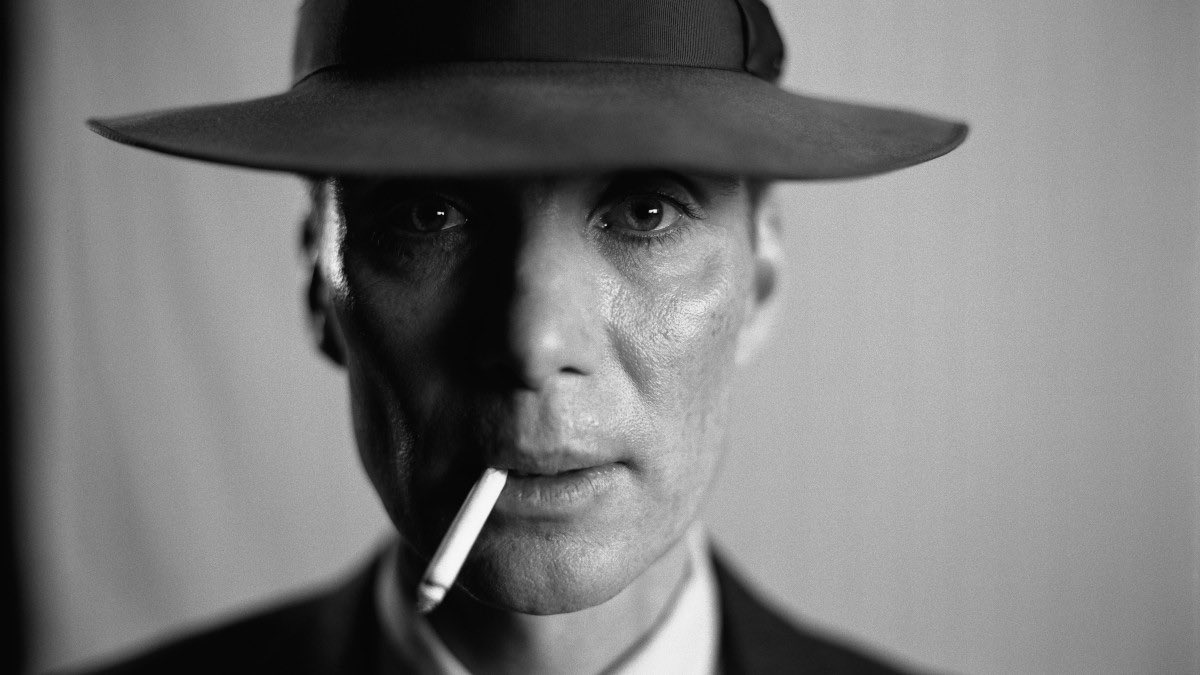Christopher Nolan Wrote the ‘Oppenheimer’ Script in First Person

Oppenheimer, Christopher Nolan’s heart-racing biopic about the creator of the atomic bomb, has been criticized for leaving out major details of the world’s first use of nuclear weapons: for instance, the devastating impact on the people of Hiroshima and Nagasaki. However, others argue that the whole point of the film is to reveal the Manhattan Project through J. Robert Oppenheimer’s point of view, which would necessarily leave out information that he didn’t have access to at the time.
It turns out that the film’s tight focus was built right into the screenplay. In an Entertainment Weekly “Around the Table” interview, which was held before the SAG-AFTRA strike began, Robert Downey Jr. and Matt Damon both revealed that Nolan wrote the entire script in first person.
“You read the script, it’s written in the first person, you’re transported, and it’s a journey to read it,” Downey Jr. said. Damon then added:
I was so blown away by the script … it’s in the first person, which I’d never seen before. So rather than, say, ‘Oppenheimer crosses the room,’ it says, ‘I walk across the room,’ in the present tense. It has that visceral effect on you. It pulls you right in, which is the point. It’s trying to tell his readers … this is the feel of the movie. It’s got to go through the subjective lens of this character.
Oppenheimer’s point of view is clear throughout the movie. Instead of seeing the first bomb fall on Hiroshima, we find ourselves in an office with Oppenheimer, nervously waiting for news. When he gives a victory speech, he’s haunted by visions of a charred body, a scream, and other horrific images. Later, when he’s shown a film reel of the devastation in Japan, he looks away, unable to bear the suffering he’s caused.
Interestingly, the film does depart from Oppenheimer’s point of view occasionally—for instance, in the black and white scenes that focus on Lewis Strauss (Downey Jr.), who tried to ruin Oppenheimer’s reputation after Oppenheimer publicly humiliated him at a U.S. senate hearing.
For the most part, though, the audience is solidly within Oppenheimer’s psyche, as he wrestles with his role in the murder of up to 210,000 Japanese people, and the possible annihilation of all life on Earth.
(via Entertainment Weekly, featured image: Universal Pictures)
Have a tip we should know? tips@themarysue.com